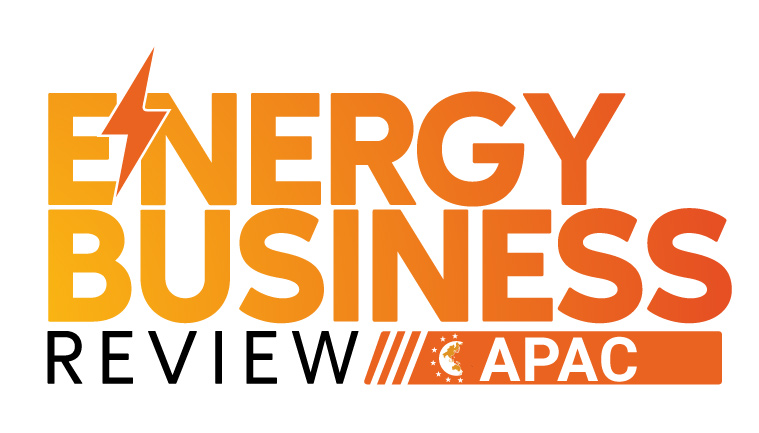Thank you for Subscribing to Energy Business Review Weekly Brief
Advantages Of Efficient Houses
Energy Business Review | Wednesday, September 28, 2022
An efficient home reduces unnecessary energy consumption, greenhouse gas emissions, and the demand for non-renewable resources.
FREMONT, CA: An efficient home enables you to save energy. Some ways of making these improvements, such as a façade with insulating properties, and windows that don't lose heat and control water consumption, are quite affordable.
Stay ahead of the industry with exclusive feature stories on the top companies, expert insights and the latest news delivered straight to your inbox. Subscribe today.
You make your home even more environmentally friendly.
It is simple to keep efficient homes at a comfortable temperature while utilizing less energy, among other advantages.
Energy efficiency comprises more than just using less energy. It comprises making the most of what you use and avoiding waste. For instance, your efficient home supports fighting global warming by reducing the greenhouse gas emissions that cause climate change.
If you want to save energy, you must change the habits of the people who live in the home by turning off lights when you leave the room and stopping heat or cold from escaping through the windows. But that's not enough. To be energy efficient, you need to make some technical improvements to the home and change your lighting, heating, and air conditioning equipment.
WHAT IS AN EFFICIENT HOUSE
An efficient home reduces unnecessary energy consumption, greenhouse gas emissions, and the demand for non-renewable resources. Simultaneously, it provides more sustainable living conditions and saves significant money.
Building an efficient home, or renovating it to make it more efficient, means choosing thermal insulation materials for walls, ceilings, doors, and windows and using renewable energy sources — such as solar panels — and electricity storage systems.
Technological solutions include installing LED light bulbs, responsible appliances, and smart control systems that optimize consumption.
Energy efficiency certificates imply the extent to which buildings fulfill these requirements. In the European Union (EU), each country's certification organization determines the efficiency level (A, B, C, and D). Meanwhile, the LEED certificate provides global recognition to sustainable buildings, consideration, and innovation, and the sustainable materials and resources employed in their construction factors such as location and water use.
TYPES OF EFFICIENT HOUSES. CHARACTERISTICS
Efficient homes have distinct names as per the construction methods utilized. Some of them are:
• Energy plus houses: These houses can generate more electricity than they use since they have photovoltaic panels that transform sunshine into electricity. In some countries, the surplus electricity produced is returned to the grid.
• Passive homes. The passive house or Passivhaus concept involves designing spaces, their aspect, airflow, and glazed surfaces so that significant energy savings are possible when combined with suitable insulation.
• Self-sufficient homes. At the maximum efficiency level, we have homes capable of generating and storing energy without external support. This building needs a group of rechargeable or high-performance, state-of-the-technology batteries.
Efficient homes normally have the following characteristics:
• Bioclimatic design. Bioclimatic architecture is employed to adapt buildings to their local climate, considering exposure to the sun, rainfall, and wind.
• Making smart use of space. For instance, the proportion, volume, and position of windows can save energy on lighting and heating.
• Employ sustainable materials. Rammed earth & bioplastics are biodegradable construction materials with superb thermal features.
• Thermal insulation. The base of energy efficiency in the home is insulation on walls, roofs, and windows, enabling homeowners to decrease their energy bills by 40%.
• Smart systems. Thermostats & smart lighting systems learn from consumer behavior and can substantially save energy consumption.
• High-performance appliances. The heat pumps utilized in aerothermal systems that keep the temperature steady in the home are far more efficient than conventional boilers.
• Self-consumption. By establishing solar panels or small wind turbines, Self-electric consumption can reduce or even eliminate electricity costs.
TIPS FOR ACQUISITION of AN EFFICIENT HOUSE
Energy efficiency means utilizing less energy to get the same result, but how do you do it?:
Perform an energy audit: Analyze the highest consumption areas and identify inefficient appliances and structures.
Double-glazed windows capture the sun's heat and prevent it from evading at night.
Isolate cracks and airways: Poor insulation can cause additional heating and cooling costs.
Adapt the house to the environment: Utilizing sunlight in winter or shade in summer can reduce air conditioning costs.
Install energy-saving lighting: High-efficiency lamps and LED lights to reduce electricity costs for lighting.
Energy-saving appliances: The EU's most efficient — labeled A — can use up to 55% less energy than average.
Applying the rules of the 3Rs: The primary rule of the circular economy is the 3Rs: reuse, recycling, and reduction, and it has a straight application in the construction and utilization of housing.
EFFICIENT HOUSES BENEFITS
These tips will make your home more efficient, which has several benefits:
Energy saving: Although some efficiency advancements involve a substantial outlay, the medium-term energy savings make them profitable.
More thermal comfort: Smart systems help keep the home at a comfortable temperature at a much lower cost, both in summer and winter.
Increased property value: Highly energy-efficient homes reach a higher price in the real estate market.
Carbon footprint reduction: Increased efficiency reduces the home's carbon footprint, i.e., the level of greenhouse gas emissions.
Water footprint reduction: Fresh water consumption in a house is its water footprint, which can be reduced with smart water management systems.
Less noise pollution: Thermal insulation protects against noise pollution, especially in large cities.
More in News


